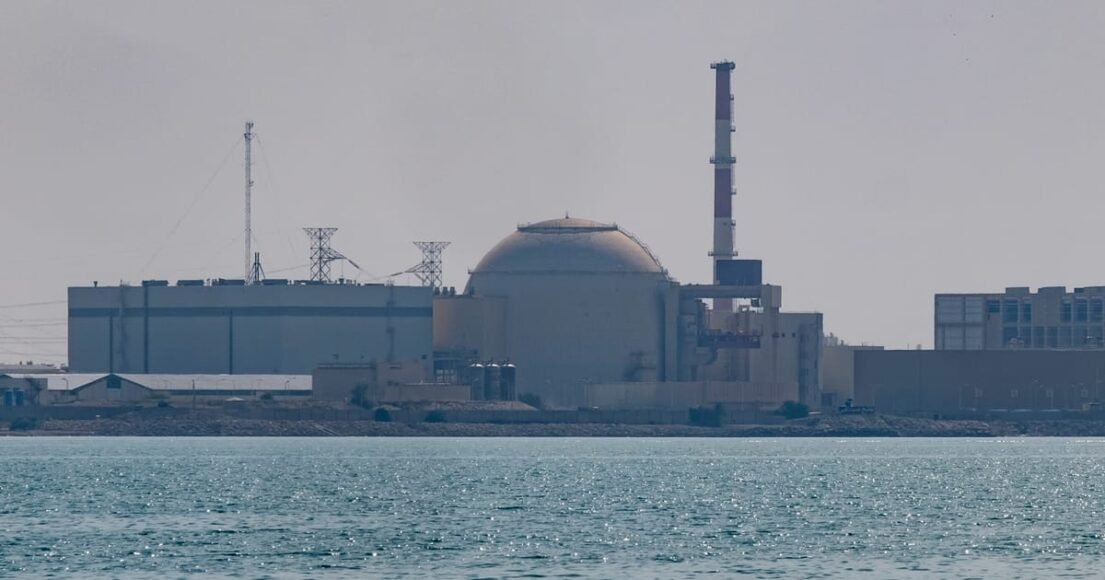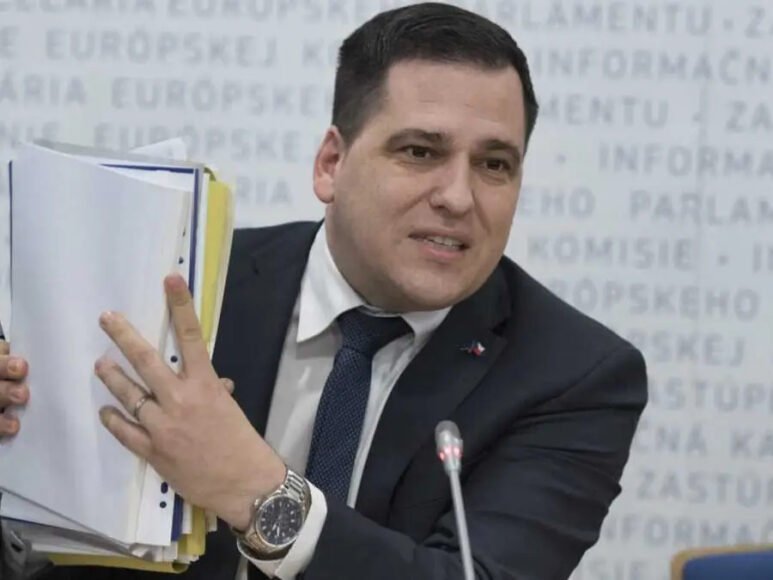Tanguy stated that even if the government were to collapse, measures would be implemented to maintain the functionality of the administration through temporary stopgap policies.
“We commit to vote in favor of that law,” Tanguy assured.
Despite these commitments, financial markets remain uneasy. On Wednesday, France’s benchmark 10-year government bond rate neared the rate of Greece’s equivalent, coming within a mere one-hundredth of a point. Moreover, the risk premium investors are demanding on French bonds over comparable German ones has surged to 0.87 percentage points, the highest margin since the peak of the eurozone sovereign debt crisis in 2012.
A contentious debate has emerged between Michel Barnier and the National Rally regarding the prime minister’s proposed 2025 budget, which seeks €60 billion in savings to reduce the French deficit. The deficit is projected to stand at 6.1 percent of GDP for 2024 — more than double the European Union’s legal overspending cap.
Since taking office in early September, Barnier has emphasized reducing the deficit as his top priority, a stance that has reassured EU officials concerned about France’s financial trajectory post-pandemic. On Tuesday, the European Commission formally approved Barnier’s plan to realign France’s public finances with EU expectations.
French lawmakers have spent weeks debating Barnier’s budget proposal, but as the year-end deadline looms, it has become increasingly evident that the prime minister may need to invoke a constitutional mechanism to bypass a direct parliamentary vote. This controversial approach would allow Barnier to pass the budget unilaterally while exposing his government to potential no-confidence motions. A coalition of left-wing parties has already announced its intention to file such a motion.













Leave a Reply